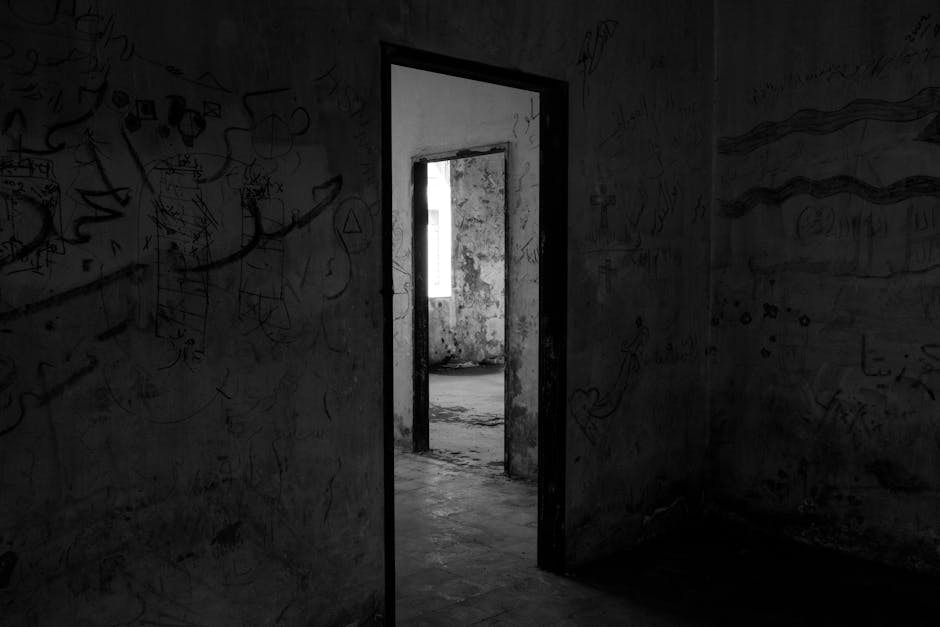The Rise of Muridke’s Monsters
In the quiet town of Muridke, located in Pakistan’s Punjab province, lies the headquarters of Lashkar-e-Taiba (LeT), a terrorist organization that has long threatened regional peace. For decades, Pakistan nurtured and sheltered such groups as proxies in its geopolitical strategies. However, these self-created monsters are now turning on their creator, validating India’s long-standing warnings about the perils of fostering terrorism.
From Proxies to Predators
Muridke has become a symbol of Pakistan’s self-destructive policies. LeT, responsible for the deadly 2008 Mumbai attacks, has grown into a Frankenstein’s monster. Despite Pakistan’s military establishment denying ties to such groups, the reality is stark. These organizations, initially funded and trained to destabilize India, are now wreaking havoc within Pakistan itself.
Recent reports highlight a surge in internal violence, with extremist groups targeting Pakistani security forces and civilians. The recent attack on a police station in Muridke, allegedly carried out by a LeT splinter group, underscores how deeply entrenched these elements have become. The ghosts of Muridke are no longer hidden; they are out in the open, and Pakistan is paying the price.
India’s Warnings Echo Globally
India has long warned the international community about Pakistan’s double game. While Islamabad claims to be a victim of terrorism, its actions tell a different story. The presence of terrorist training camps, the release of known terrorists like Hafiz Saeed, and inaction against groups like LeT and Jaish-e-Mohammed (JeM) have emboldened these outfits. India’s warnings, once dismissed as rhetoric, are now echoed by global powers witnessing Pakistan’s growing instability.
Pakistan’s Deepening Crisis
The situation in Muridke reflects Pakistan’s broader crisis. Its use of terrorism as a state policy has backfired spectacularly. The Pakistani Taliban, once a strategic asset, now fights against the state, escalating violence in tribal regions. Similarly, Baloch separatists are uniting with other disgruntled groups, further destabilizing the region.
Pakistan’s economy, already in shambles, is bearing the brunt of this chaos. Foreign investment has dwindled, tourism has plummeted, and security costs have soared. The Financial Action Task Force (FATF) keeps Pakistan on its grey list for failing to curb terror financing. The ghosts of Muridke are not only haunting Pakistan internally but also tarnishing its global reputation.
India’s Resolute Stance
India has consistently advocated a zero-tolerance policy toward terrorism. The 2016 surgical strikes and the 2019 Balakot airstrike sent a clear message: India will not tolerate cross-border terrorism. While Pakistan dismissed these actions as propaganda, the international community has begun to recognize India’s concerns. The UNSC blacklisting of JeM chief Masood Azhar highlights India’s persistent diplomatic efforts.
A Grim Future for Pakistan
As Pakistan grapples with the fallout of its policies, it must confront the monsters it created. The ghosts of Muridke and beyond are no longer under its control. India’s warnings, once ignored, have proven prophetic. The question is whether Pakistan will learn from its mistakes or continue down the path of self-destruction.
A Cautionary Tale for the World
The story of Muridke serves as a stark reminder: terrorism, when used as a state tool, festers and eventually consumes its creator. Pakistan’s fate underscores that the ghosts of the past cannot be buried; they will always return to haunt. For India, the message is clear: vigilance and resolve are essential to ensure the monsters of Muridke do not cross the border.




